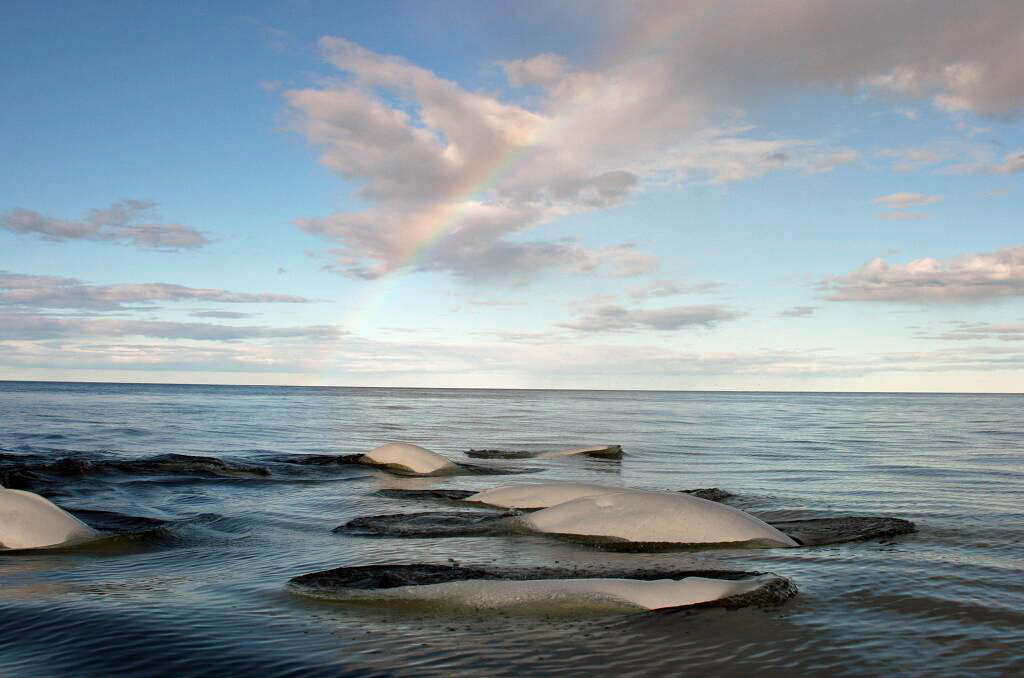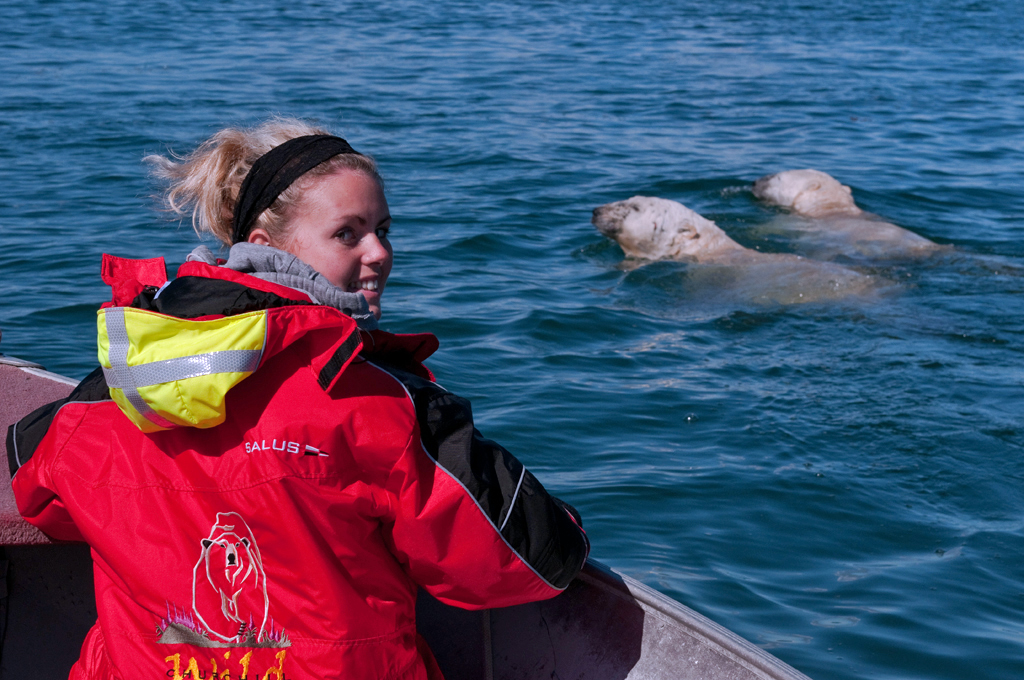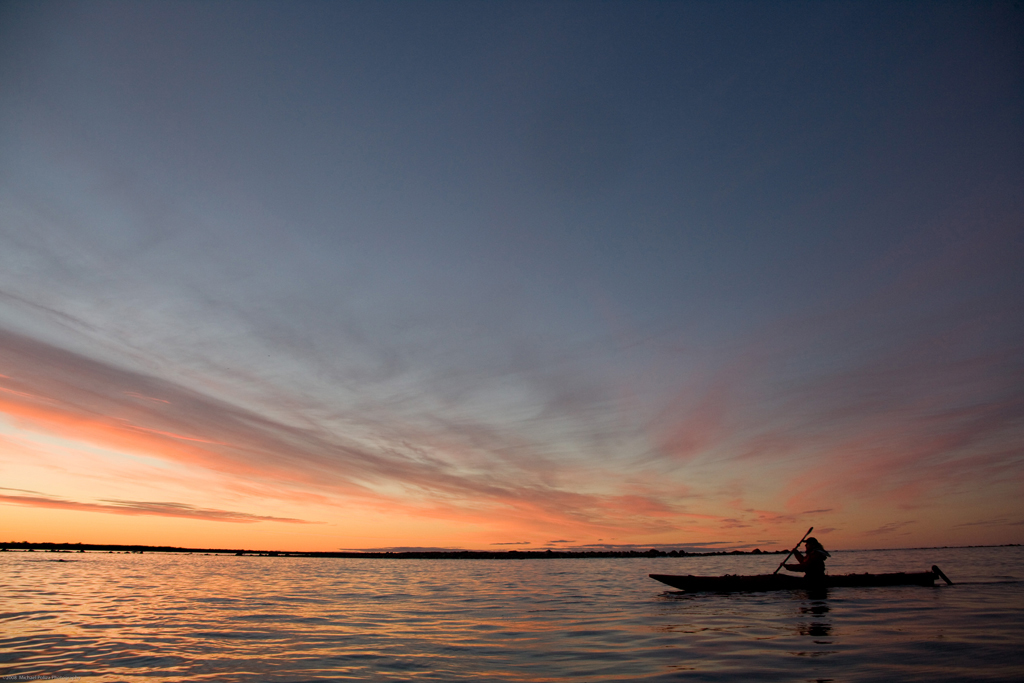by Allison Reimer
We all love the sound of the waves, seeing whales dip under the wake, and the way the sunlight sparkles as it sinks below the horizon — but are we doing enough to protect our oceans?
World Oceans Day is committed to changing the way we interact with these life-sustaining bodies of water and the creatures within them. It’s easy to overlook the consequences of our daily actions — using disposable, plastic water bottles versus reusable ones, buying a Styrofoam cup of coffee rather than bringing one in a mug from home, or tossing your cigarette butt on the ground because there’s no ashtray. All these seemingly inconsequential moments add up and they are subtracting not only from our quality of life, but from the health of our oceans.
There is an island of garbage, brought together by the currents, that is twice the size of the state of Texas and it’s floating in our oceans, polluting the water with toxins. There are also five major ocean garbage gyres (patches), and many more small ones, throughout the world.
One cigarette contaminates 7.5L of water in an hour and is lethal to marine life. Back in 2007, nearly 2 million cigarette butts were accounted for in ocean cleanup. This is equal to nearly 15 million litres of contaminated ocean water in one year.
On June 8 of each year, World Oceans Day celebrates the organizations, volunteers and events from all over the world that work to make a difference in the health of our oceans. Coordinated by The Ocean Project, some events focus on a commitment to educating our youth and the public, others take a hands-on approach by cleaning up beaches and litter in the ocean, and there are some designed to bring awareness to the types of ocean life in a particular area, and to encourage caution and respect among visitors and residents.
Churchill Wild is deeply invested in conserving our oceans. Thousands of beluga whales pass through our waters each summer and are a joy to watch from shore, from boats, or up-close-and-personally while swimming alongside them. Interaction with wildlife brings huge responsibility. Our whales are precious, as is all marine life. Some simple ways we help is by providing guests with reusable water bottles for their day trips and encouraging minimal use of water for everyone. Every staff member is trained to pick up any garbage they come across — being a nature clean up crew is part of our very framework. We manage our waste carefully and strive to be more sustainable each year.
Churchill Wild was proud to be a sponsor of the recent Sea Walls mural festival, designed to raise funds and awareness for ocean health and conservation. Artists from around the world met in Churchill to paint the town with beautiful murals that tell stories of the sea. Headed up by talented artist and Winnipeg resident Kal Barteski, the festival brought beauty to the streets, and created a sense of hope and responsibility among community members and visitors.
So how can you help change the oceans? I’ve outlined five practical ways you can change your daily habits and help better our ocean world.
- Don’t litter – ever. Garbage or recycling bins are never that far away.
- Clean up your sidewalks and parks (just be sure to carry hand sanitizer with you!)
- Stop using disposable items and plastic. Bring your own bottles/mugs/bags/utensils/etc. with you wherever you go.
- Eat ocean sustainable food.
- Share this commitment with your friends!
Get involved in the movement of World’s Oceans Day. Maybe you can facilitate an event in your town or city! Or, on your next family beach vacation, take an afternoon to clean up an area of the beach. (My family did this one year and we got great tan lines as a reward — just beware of needles and broken glass and wear gloves if you can).
It may feel like our oceans are huge, but if one plastic water bottle can contaminate the water, then one person (you!) can help improve and change our planet.
To celebrate World Oceans Day and help you get started with your commitment to this movement, we’re giving away 25 Churchill Wild branded stainless-steel water bottles. Send us an email telling us what you thought of this post. We’ll be randomly selecting recipients from all emails received. Thank you for reading!
Want more? Sign up for the Churchill Wild Newsletter.
Peace of mind in a kayak on Hudson Bay. It doesn’t get any better. Michael Poliza photo.











